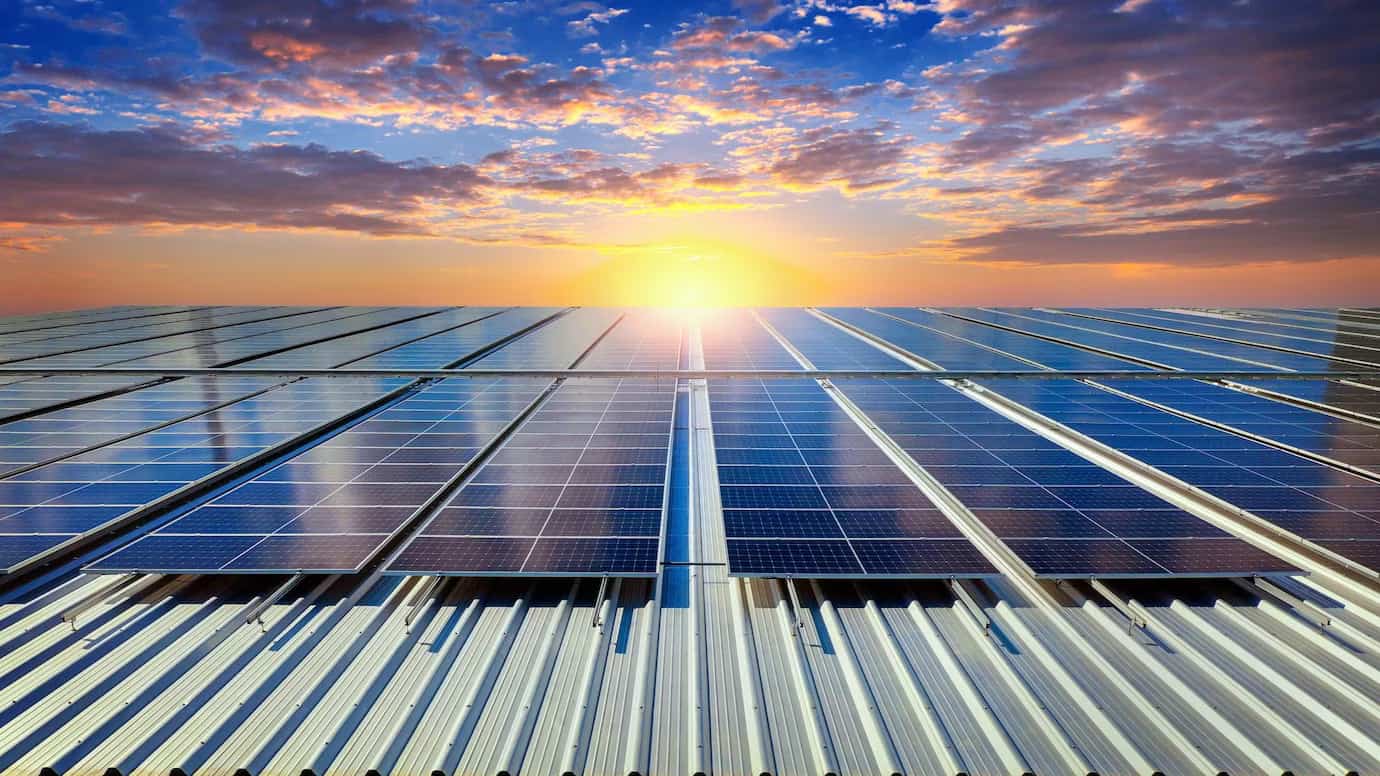Solar energy is not just an eco-friendly alternative; it’s fast becoming a household necessity. With the rise in energy costs and the growing concern about the environment, many are looking to harness the power of the sun. However, the initial investment can be a deterrent. This article uncovers how you can obtain solar panels for free and start your journey towards sustainable living.
How to Get Free Solar Panels from the Government
The government, recognizing the importance of promoting renewable energy, has initiated various programs and incentives. Here’s how you can benefit:
- Federal Solar Investment Tax Credit (ITC): While not directly offering free solar panels, the ITC allows homeowners to deduct a significant portion of their solar installation costs from their federal taxes. This can substantially reduce the effective cost of the system.
- State and Local Solar Programs: Many states and municipalities offer additional tax credits, rebates, and incentives to reduce the cost of solar installations. Some of these programs might cover the cost entirely, especially when combined with the federal ITC.
- Solar Lease Programs: Some governments partner with solar providers to offer lease programs. You get solar panels installed on your property for free, and in return, you pay a reduced rate for the electricity they produce. Over time, the savings can outweigh the lease costs.
- Low-Income Solar Programs: For households with limited income, there are specific programs aimed at reducing energy poverty. These initiatives might provide free or heavily subsidized solar installations to qualifying households.
- Grants for Nonprofits and Schools: There are government grants available for nonprofits, schools, and community centers that want to go solar. While these don’t directly benefit individual homeowners, they help communities at large.
Other Pathways to Free Solar Panels
Outside of government programs, there are other methods to explore:
- Solar Power Purchase Agreements (PPAs): Similar to solar lease programs, PPAs involve a third party that installs and maintains the solar system on your property. Instead of paying for the panels, you buy the electricity they produce at a fixed rate.
- Community Solar Projects: Join a community solar farm where you can benefit from solar energy without installing panels on your property. Some of these projects offer free participation or shared benefits that reduce overall energy costs.
- Solar Company Promotions: Some solar providers run promotions where they give away a certain number of panels for free when you purchase a full system or refer a certain number of customers.
- Crowdfunding and Solar Sponsorships: Some innovative platforms allow homeowners to pitch their solar projects, letting community members or businesses sponsor or fund the solar installation. In return, sponsors might receive advertising space or other benefits.
Things to Consider Before Going Solar for Free
- Ownership vs. Lease: While getting panels for free sounds enticing, understand the difference between owning the panels and leasing them. Ownership allows for more long-term benefits, but leasing might be easier on the pocket in the short term.
- Maintenance and Upkeep: Ensure you know who’s responsible for the maintenance of the panels, especially if they’re being leased or provided under a PPA.
- Contract Terms: Always read the fine print. Be clear on any escalation clauses, buyout options, or terms of agreement.
- Energy Savings: Evaluate how much you’ll save on your energy bills over time. Sometimes, the savings, tax credits, and rebates combined can effectively make your panels free.
Conclusion: Lighting Up the Path to Renewable Energy
Obtaining solar panels for free or at a heavily reduced cost is an achievable goal, especially with the myriad of government programs and innovative financing options available. By tapping into these resources, you can contribute to a greener planet while also making significant savings on your energy bills. Remember, it’s not just about the cost—it’s about sustainability, self-sufficiency, and securing a brighter future.

